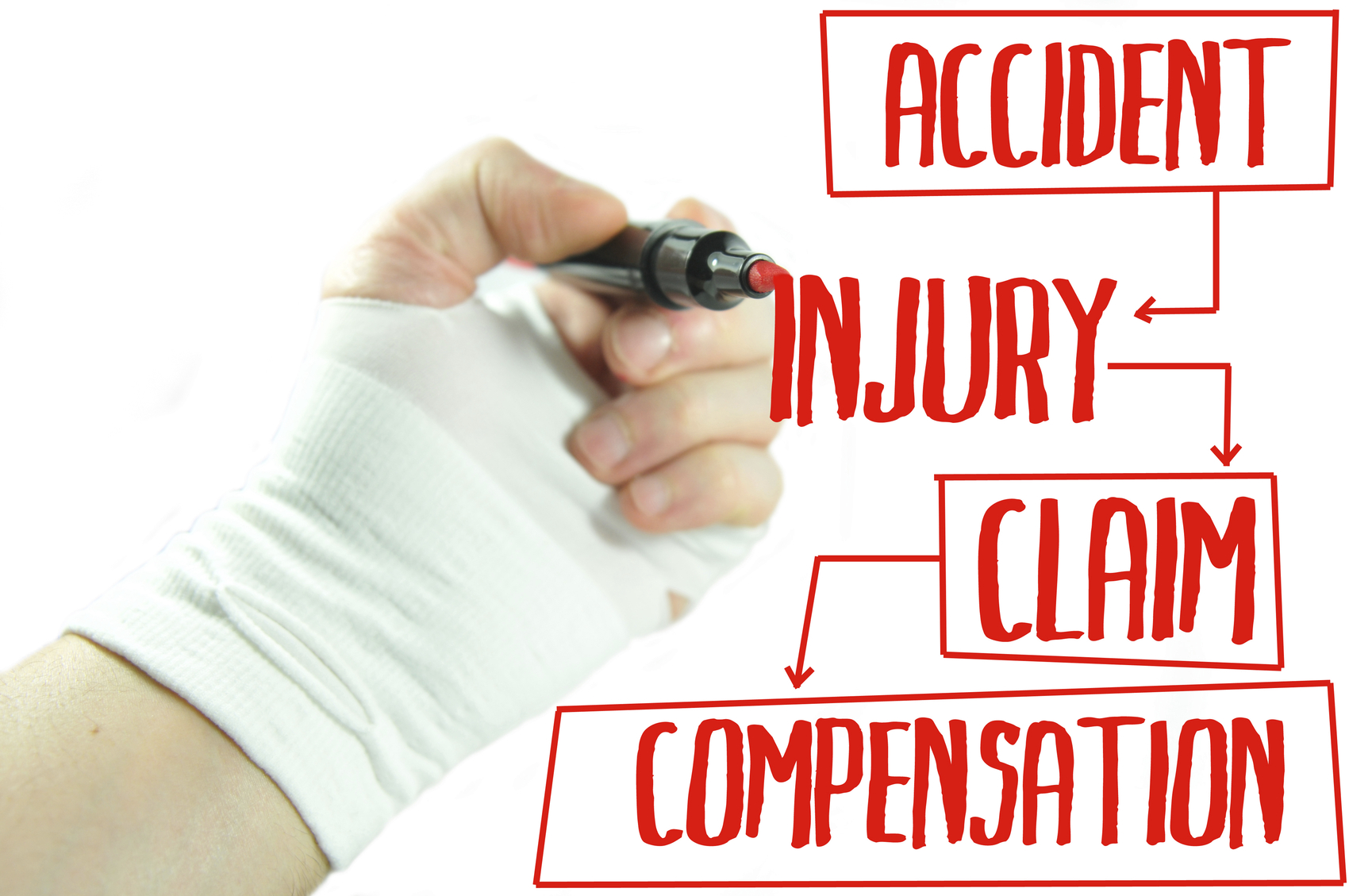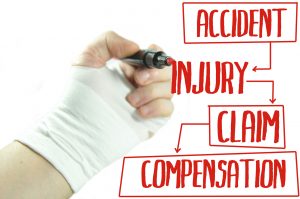Directing an employee to provide further medical evidence is a situation that pops up quite regularly in terms of an employer’s ability to do this without falling foul of a discrimination claim. As is usual with all matters ‘IR’ there is no clear and definitive response to this as a number of factors can be at play.
The merits of each request must be considered on a case by case basis and involve a number of pertinent questions which include whether:
- the request is reasonable in the circumstances and the medical assessment is important in determining the employee’s capacity to safely undertake their ability to perform the inherent requirements of the role;
- the medical information is necessary to satisfy any applicable workplace health and safety obligations that the employer has and this can also involve any potential ramification concerning the health and safety of fellow workers etc;
- there are genuine concerns regarding an employee’s fitness to safely undertake the work for which they are employed;
- current medical evidence is unclear, conflicting, outdated or suspicious; and
- an applicable Award or other instrument (Contract etc) empowers the employer to make such a directive.
Employers should make sure that they check their employment contract documentation and/or Enterprise Agreements in considering their right to request an employee for additional medical information.
If there is no express right set out in a contract or EA it may be that the employer operates in an industry where a statutory right exists under State or Federal legislation, where such a right exists then an employer may have recourse to terminate an employee for a refusal to comply.
Where an employer has no contractual or statutory right to require a medical assessment they may be able to issue a reasonable and lawful direction to provide further medical information (or attend an independent medical examination), in determining this the following questions should be considered:
1. Is there is a genuine need for the further medical information / examination eg, is the medical evidence previously provided unsuitable, the industry or workplace dangerous, or will the medical concern impact on the employee or others to safely operate in the workplace?
2. Has the employer informed the employee about their concerns in order to justify and explain to them why the direction is necessary and reasonable?
3. Before any request for medical information is made an employer must document and clearly explain to the employee the explicit factors that are involved and how this relates to the health and safety of the employee (and any potentially affected fellow employees) in order to support the reasonableness of any request.
Termination for non compliance
1. Once the further medical evidence has been received and reviewed, it may then be appropriate to move to the termination of employment eg, if the employee is unable to perform the inherent requirements of the role and no reasonable adjustments can be made to allow the employee to safely perform at work.
2. Where the employee fails to comply with a reasonable and lawful direction to provide medical evidence, it may also be open to terminate an employee’s employment. However it is critical to consider whether the employee could (or should) comply with the direction and carefully consider any reasons (including medical) for the failure to comply which may mitigate their refusal or non compliance. Simply providing the employee multiple opportunities to comply with a direction does not automatically mean the direction will be reasonable and thus provide an employer a valid reason for moving to termination of employment.
3. Consider what you already know about the existing medical condition or previous/existing conditions, and adapt the process accordingly. It may be necessary to go back and re-do or revisit a step in the process to ensure the employee is provided with sufficient time and information to understand the necessity for the additional information and comply.
4. Ensure that you have provided procedural fairness in relation to the termination process – provide the employee with sufficient information and opportunity to respond before terminating an employee on medical grounds or due to failure to comply with a reasonable and lawful direction.
Documenting the Process
1. Ensure that you document what you do and follow up communications in writing as well as keeping copies of all correspondence and related material, this will not only assist the defensibility of your actions it will also assist the employee in understanding the expectations on them and aid management of any claims made about the process.
2. Documentary evidence will be one of the first things considered in a legal process in assessing the reasonableness and lawfulness of any decision to request additional medical information or move to termination of employment.
Be Proactive
Review employment contracts / EBAs, to include an express contractual right to request further medical advice. This is particularly important where an employer operates in an industry or occupation where an employee’s mental fitness for either physical or psychological fitness is critical.
Review and update position descriptions to ensure they reflect the work required to be done ( ie the inherent requirements of the position).
Effective communication and transparency with employees is a key to minimising risks associated with managing ill/injured employees (eg unfair dismissal, adverse action, bullying, discrimination and workers’ compensation claims).
The information contained in this article does not constitute and should not be relied upon as ‘legal advice’. Workwise recommends that legal advice be sought from a suitably qualified legal practitioner prior to any action being taken. Such advice may be accessed via Workwise.



